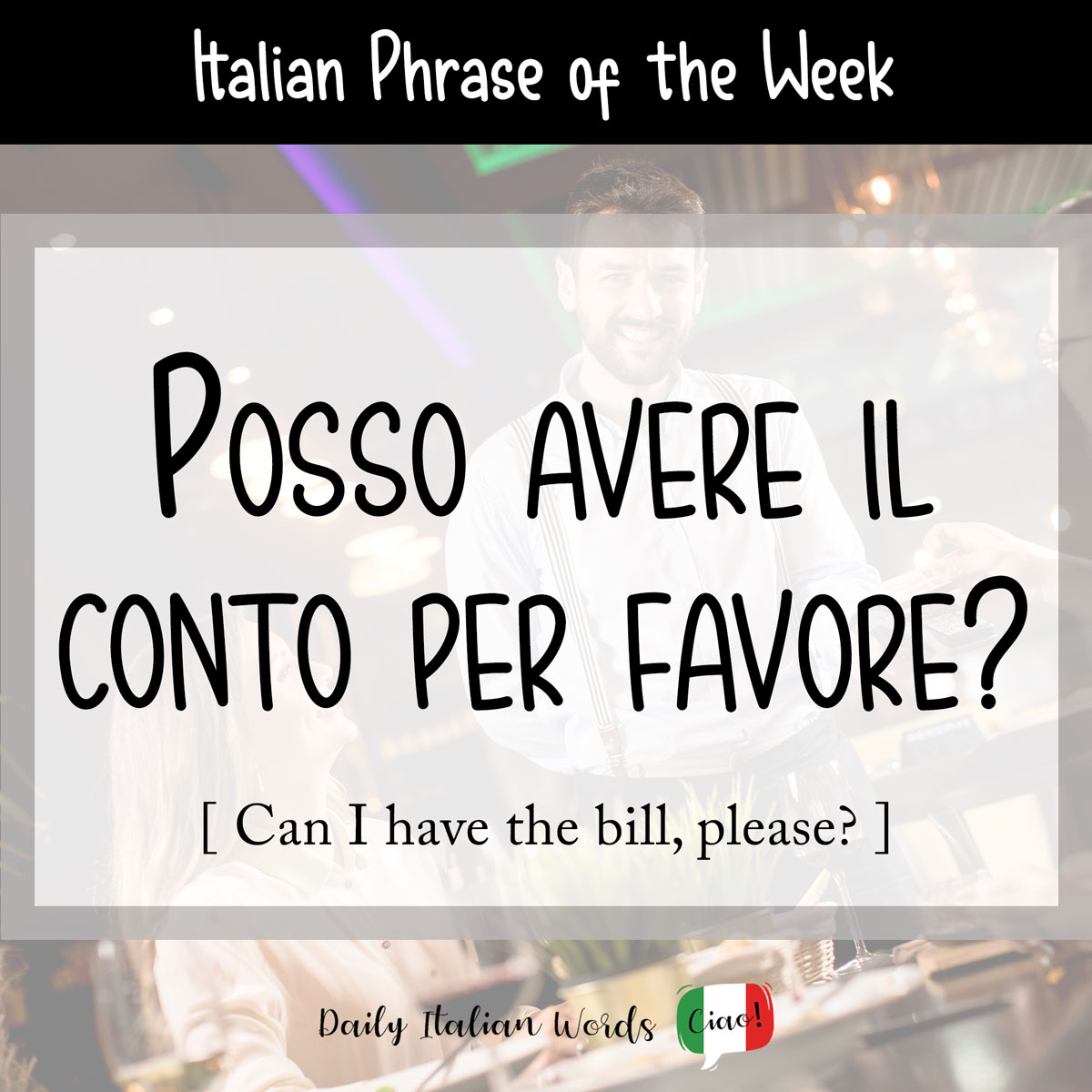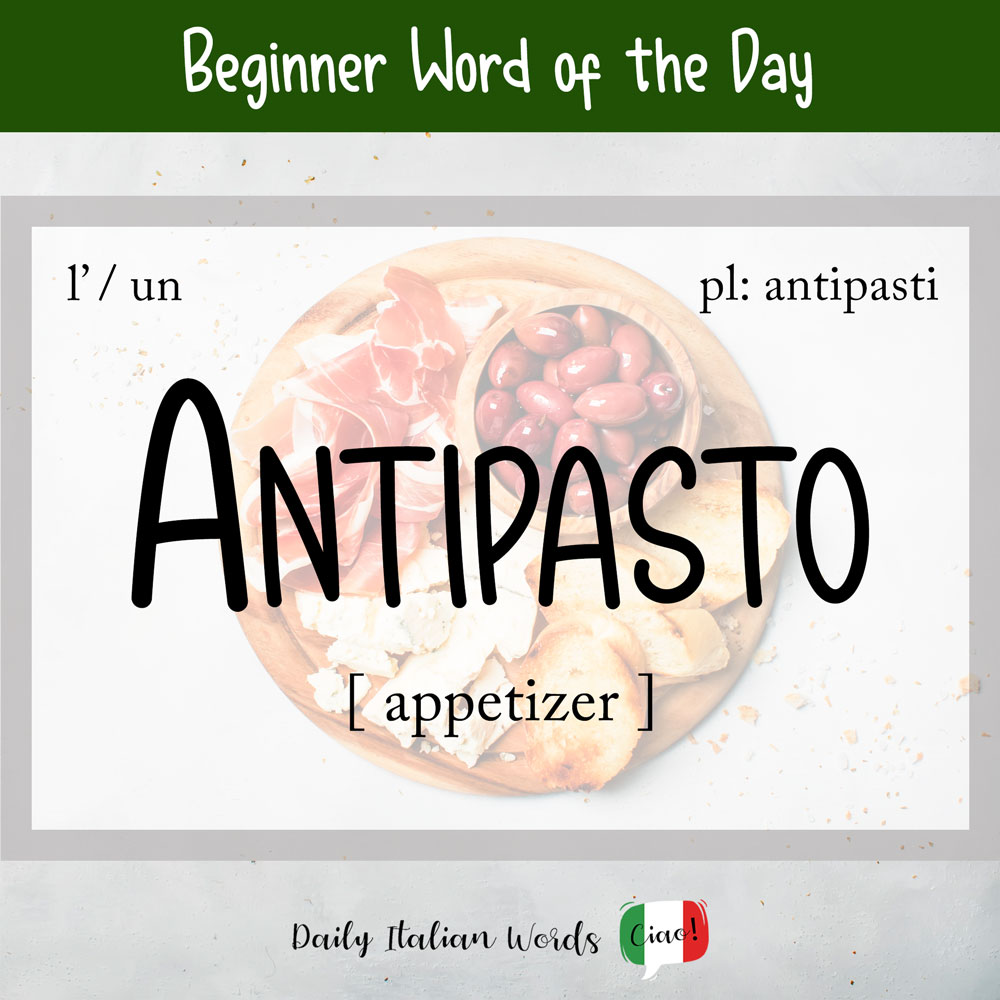Italian Word of the Day: Pane (bread)
If there is bread on the table, I can’t help myself – I’m going to eat it all, right down to the very last crumb. I’ve been a bread lover since childhood and when I was 3 years old, I refused to eat anything else. Living in different countries has allowed me to taste different …






